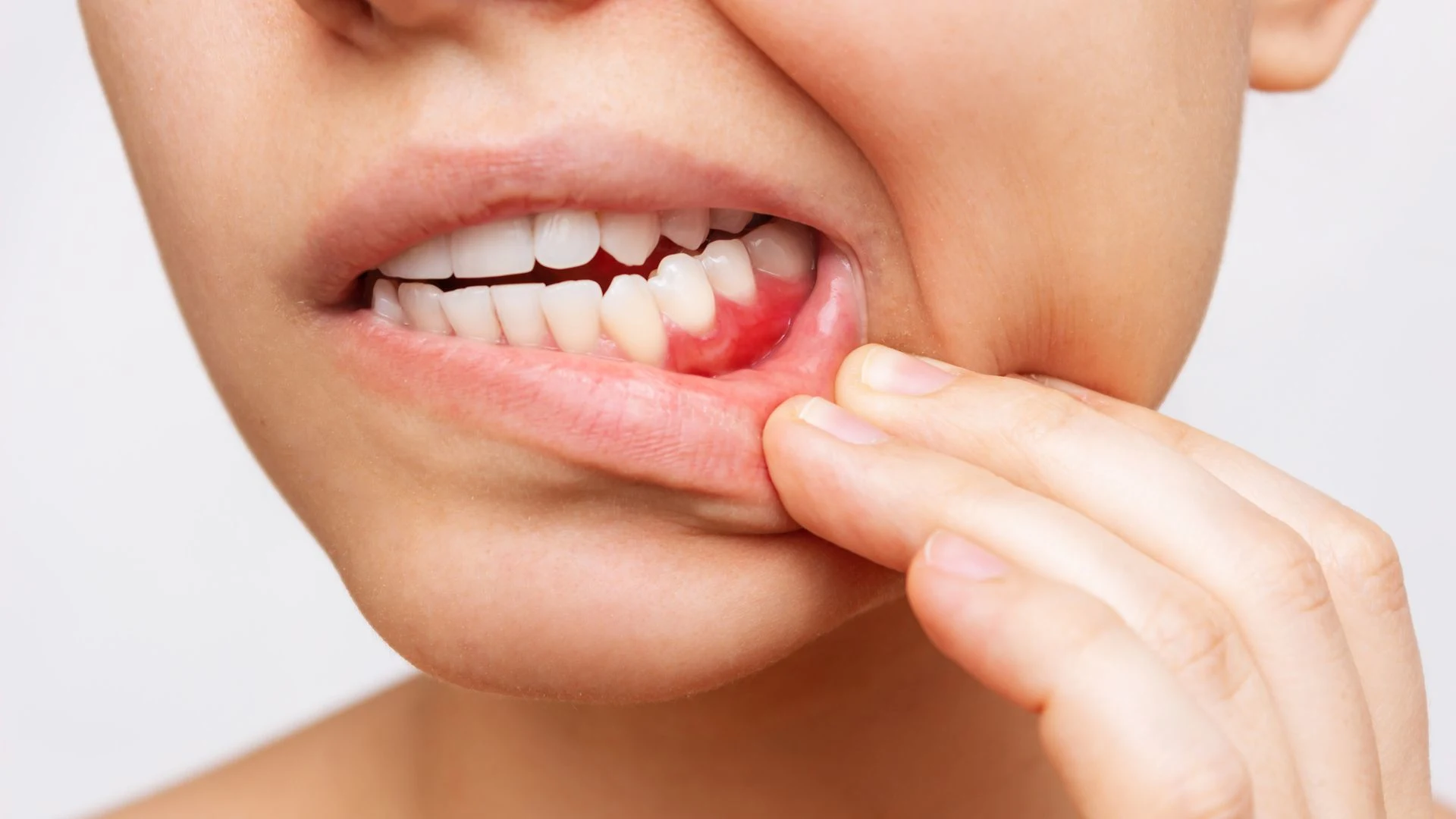Copyright hellomagazine

Swelling, bleeding and pain can all be signs of gum inflammation, and while oral hygiene, including brushing your teeth and flossing, are incredibly important, your daily diet also plays a big role in the health of your mouth. Some everyday foods and drinks can contribute to gum inflammation and create an environment where bacteria can thrive. To share exactly what they are, and the foods that can also reduce inflammation, we caught up with Nyree Whitley, Chief Clinical Officer at mydentist, to get the lowdown on the connection between diet and gum health. The connection between diet and gum health "It is common knowledge that sugar harms our teeth, but few realise that our overall diet also plays a role in the health of our gums, and our oral health as a whole," Nyree says. "The foods we eat determine the balance of bacteria in the mouth, known as the oral microbiome. This balance is key to keeping our gums healthy and free from inflammation." Foods that keep gums inflamed There are some foods and drinks that are particularly known to cause inflammation in the gums, so these are best consumed in moderation, as Nyree explains: "Sugary drinks and refined carbohydrates, such as white bread or crackers, are two of the biggest culprits when it comes to gum inflammation. When we consume these regularly, these foods and drinks feed harmful bacteria in our mouths, which leads to a buildup of plaque and toxins that irritate gum tissue. "Processed foods high in fats or added sugars can also trigger inflammation in the gums. Frequent snacking or sipping on sweetened drinks can keep acid levels high, creating an environment in which bacteria can thrive." What to eat for healthier gums However, it’s not all bad news, and there are some foods that can actually reduce gum inflammation. Not only will these choices support your oral health, but your whole body health too, so try to include them in your diet on a regular basis. "To support gum health, I would recommend limiting processed and sugary foods and drinks, as these can feed harmful bacteria and contribute to plaque buildup. Instead, focus on maintaining a balanced diet that supports your mouth’s natural defences. Include plenty of foods rich in vitamin C, such as peppers, fruits, strawberries, and leafy greens, as they help strengthen gum tissue," Nyree shares. "Crunchy, fibrous vegetables such as carrots, celery, and apples naturally help clean teeth and stimulate saliva production, which protects against harmful bacteria." Meanwhile, don’t forget to add food sources of Omega-3 fatty acids into your meals when possible. "Omega-3 fatty acids, found in salmon, sardines, flaxseeds, chia seeds, and walnuts, can also help reduce inflammation in the gums,” the dental expert says. And hydration is important too. "Make sure that you drink plenty of water throughout the day - especially after meals to help wash away food particles and maintain saliva flow, which is essential for neutralising acids and protecting gum tissue." When to see a professional If you’re experiencing signs of inflammation in your gums, including persistent swelling, soreness or bleeding, it’s worth seeing a dentist. Meanwhile, paying attention to your diet alongside your oral hygiene is key to maintaining healthy teeth and gums. "What is good for your body tends to be good for your gums too," Nyree says. "Combining a balanced diet with good oral hygiene - brushing twice daily, flossing between teeth and keeping up with dental visits twice a year – will go a long way towards preventing gum inflammation and maintaining a healthy smile."



